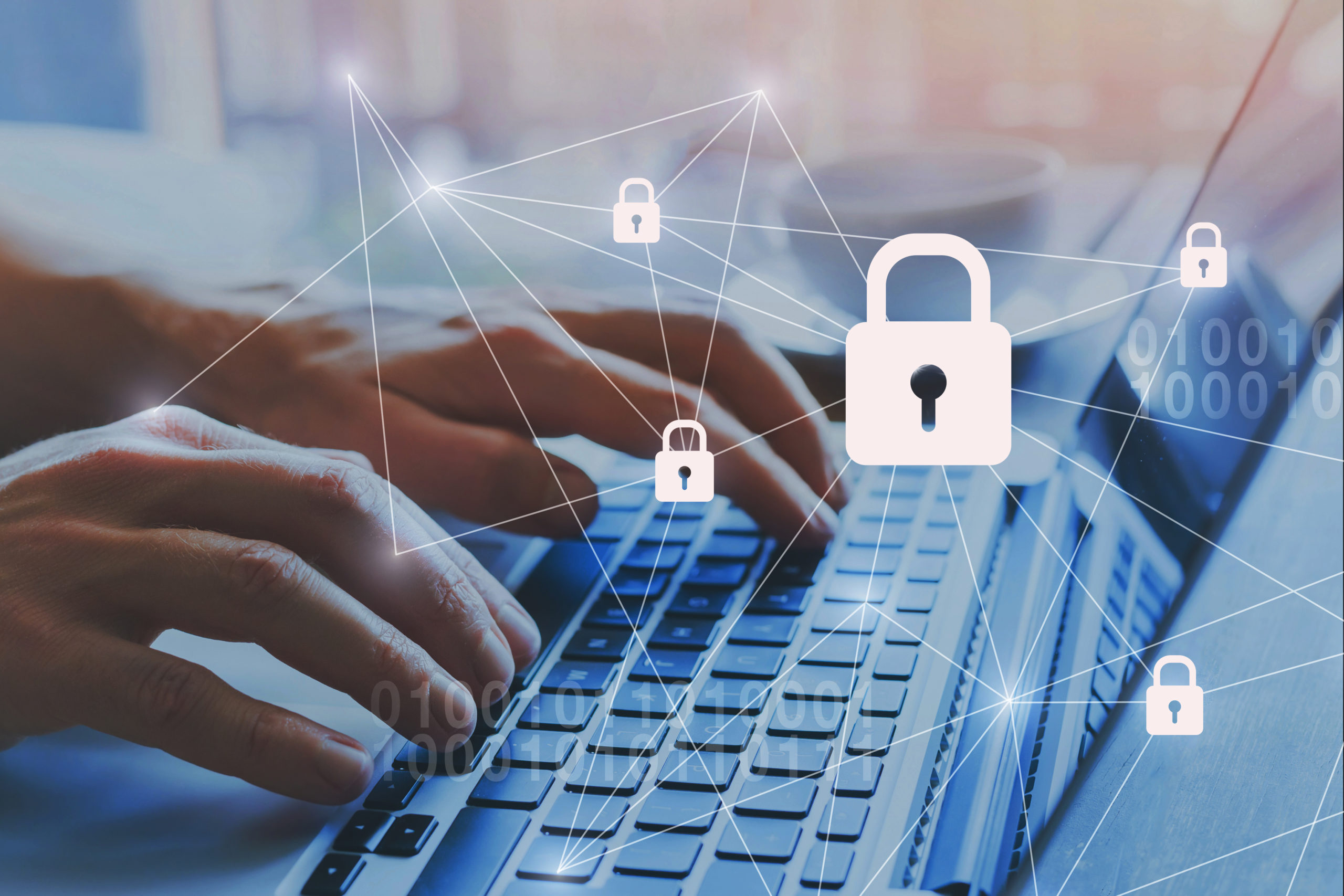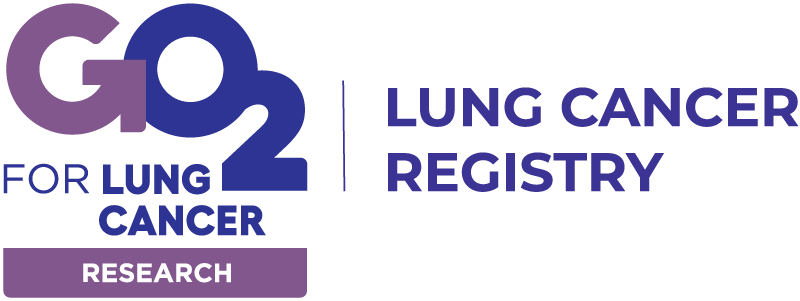Privacy & Security
Your data is confidential and protected. The information you submit to the Registry is stored in a secure, password-protected database.
Our Goal
The goal of the Registry is to share medical information about your disease with researchers, while protecting the privacy of participants.
Strict security safeguards are in place to reduce the chance of misuse or unplanned release of information. When you submit information to the Lung Cancer Registry, it will be stored and maintained in a secure, password-protected database, assuring the privacy, security and confidentiality of all personal information, as described in our Privacy Policy.
You’re in control of your data
Third parties will not be given access to any personally identifiable information. Participation is fully voluntary, meaning that you provide only the information you are comfortable sharing and may discontinue participation at any time. Provision of relevant medical records is not required for participation; however, it is very helpful for researchers to analyze your survey responses in conjunction with your medical records. The Lung Cancer Registry platform is ISO 27001 certified, which is the international gold standard for data security, and is compliant with GDPR, HIPAA, and CCPA practices.
Approved researchers who have access to the database will only have access to de-identified data. De-identified means that the data is in a general form that does not include your name or other identifying information. Research that is published in research publications or discussed in educational conferences will not include any information that would reveal your identity.
Only Lung Cancer Registry staff can access personal information to contact a patient if necessary, you will only be contacted if you have given us permission to do so.

Third-Party Access
Third parties may seek access to deidentified data in the Lung Cancer Registry. Third parties may include, but are not limited to, academic or nonprofit researchers or companies conducting retrospective studies, which are studies that analyze data after it has been collected, or conducting research and/or clinical trials on new therapies. Third parties will only be granted access to deidentified data in the Registry upon review of a detailed proposal and approval by the Lung Cancer Registry. Submissions require a research proposal, application and budget. Approvals are based on the scientific quality and validity of the study as discussed in the application. Data requests for studies related to lung cancer are NOT guaranteed approval, and all approvals are documented. Third parties seeking access to registry data must demonstrate evidence of IRB approval or exemption.
No individual, identifiable research results will be returned to you or your doctor.
The Lung Cancer Registry will notify the Registry members about research results that have been published from the Registry, but these results will not be able to be traced back to you. If research results are published in a research publication or in conjunction with an educational conference, your name and other personal information will not be given. See the Resulting Data & Discoveries page to learn more about how the Lung Cancer Registry has moved research forward.
Representatives from our IRB may sometimes inspect study records to be sure that the Registry is being protected according to regulations and policies. However, these individuals are required to keep all donor information confidential.

